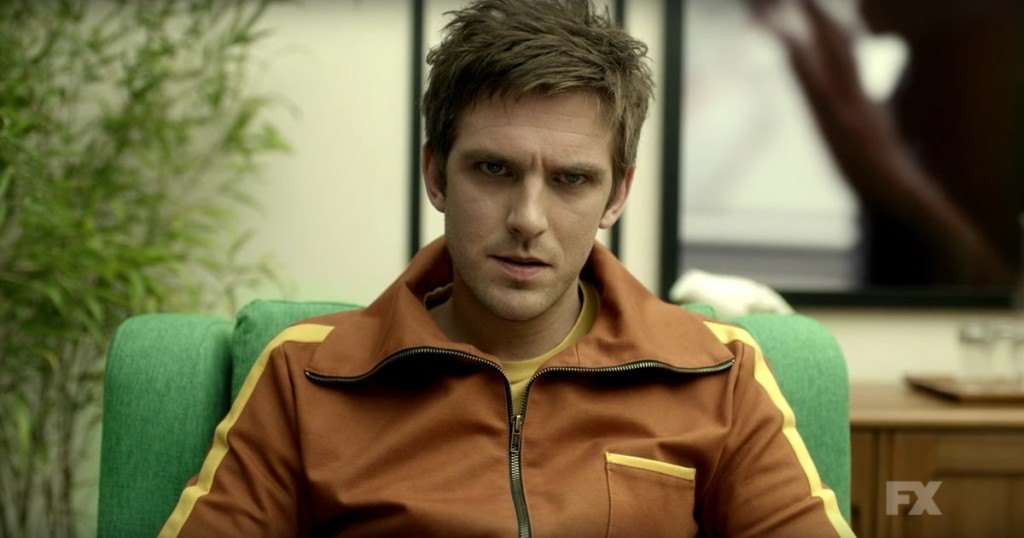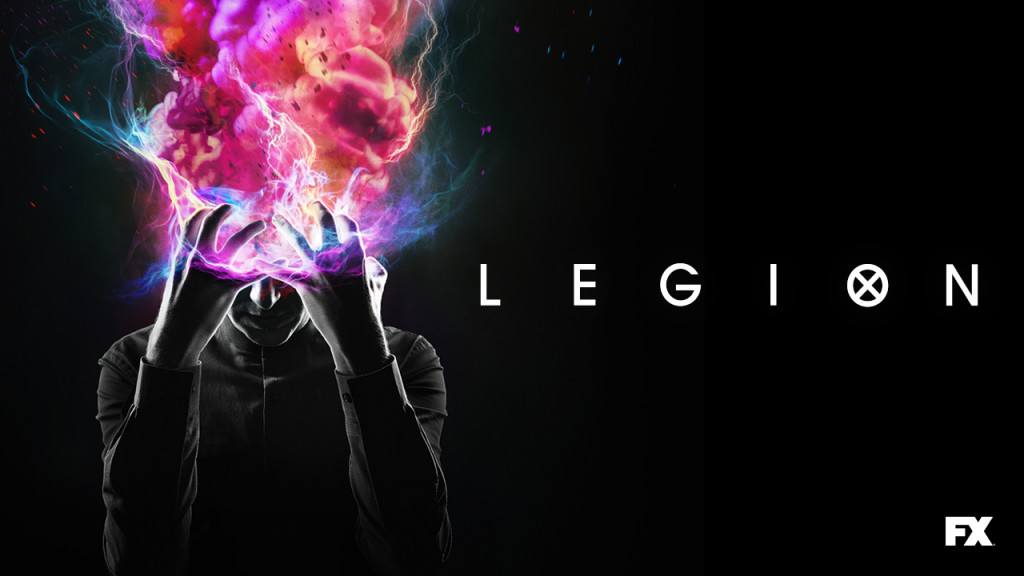Off top, gotta give daps to Noah Hawley (show creator/writer/director). Marvel and Fox’s collabo mixtape Legion was a masterful and trippy work of visual fiction.
Props for: A: Utilizing some of the most obscure X-Men material. B: Turning it into a coherent narrative. C: For television. D: Not at HBO? Brave.
I can clearly recall seeing a preview poster for it at the New York City Comic Con back in October 2016, and deadass thinking to myself:
If we’ve said it once at BNP, we’ve said it eleven million times, Representation. Is. Important. Particularly in normalizing lifestyles and lived experiences not viewed as mainstream. That said, consider the groups represented thus far. Luke Cage doubles down on ‘Black noir’, check. Jessica Jones served us a badass detective story centered on a (white) woman recovering from gas-lighting, check. Iron Fist delivered a weak ass Wolf of Wall Street with ninjas’ plot – with a trust fund having, whip/nae-nae fighting stance looking, ‘I’ma renovate a pre-war brownstone in an up and coming neighborhood’ ass White dude. Check(?). Someone went out of their way to make sure the one percent were represented in the Netflix/Marvel universe, but I digress.
There’s always been a giant gap in media representation of folks with anything considered a ‘disability’. The most dynamic of which to date being Charlize Theron’s Furiosa in Mad Max: Fury Road. Everything prior to Furiosa pales in comparison, so much of what existed was relegated to autistic savant characters (portrayed almost exclusively as cishet White men) either solving crimes or working in hospitals.

In the very exclusive world of canonized comic book media, there hasn’t been a main character with a mental illness on the small screen. What Legion opens the door for are pieces of media designed with an artistic sensitivity to the unique perspective of people who move differently in the world than most.
One of the strongest narrative elements in Legion arrives in the form of a set of truths in conflict. Namely, is David (masterfully played by Dan Stevens) ‘crazy’, schizophrenic, or super powered? The visual representation of David’s fractured mind are at the core of the show’s aesthetics. It’s inside this visual theme the argument takes place. The Clockworks hospital staff reinforces that David is not fit to be out in the world, that he is ‘ill’. The eccentric, confined and convoluted layout of the set gives us this loss of time and grounding clearly.
But I can’t speak for the ‘Bollywood’ dance scene. That had “appropriated spectacle” written all over it. Although it did drive home how distorted reality can be in David’s mind.
His conversations with Lenny (Aubrey Plaza went HAM with this role), his day one ride or die imaginary homie, implied that your boy David was one wall short of a whole hallway.
Lenny had this dude engaging in wild double-sided conversations. More than once, David’s interactions with Lenny left other characters staring at him like, “Who’s mans is this?”. The character Sydney breaks up this downward spiral for David, asking him if his unique perspective on the world is his strength. The interplay of these ideas are displayed via visual aesthetics and set design, supported heavily by the analytical treatment of David’s mental state by the writing staff.
At no point did I feel that David was being made fun of, or that his condition was either taken lightly or portrayed as an obstacle to his personal agency. I couldn’t think of a more important, fantastical representation of this at the present moment in history.
I found a deep relevance for this representation when I recalled the long list of names of people with a history of mental illness killed by law enforcement officers the last couple of years. The story officers have given in court are often held up under the “I felt my life was in danger” clause. Stories of “crazy” people are corroborated by myths and urban legends that have instilled fear in the hearts of the public and the people assigned to serve and protect them. Even though most of those lives taken were people of color, there is still something powerful about seeing the world around David digest his narrative, and not dismiss him or what he has to say.
Not being able to understand the view point of someone who sees the world differently than you do is a key component of negative prejudice. In some interesting ways, Legion offers a glance through a lens less often shared, and even less often understood. In Hawley’s creation and Steven’s portrayal of David Haller’s difficult path to clarity, the public is exposed to something grounded and real: a person with a mental illness, seeking agency in their life. That struggle is best summed up by an insight David shares with his doctor,
[quote_simple]
“People always talk about the depression side, but it’s the other side, that invulnerable feeling, that’s dangerous.”
[/quote_simple]
Are you following Black Nerd Problems on Twitter, Facebook, Tumblr or Google+?








Show Comments